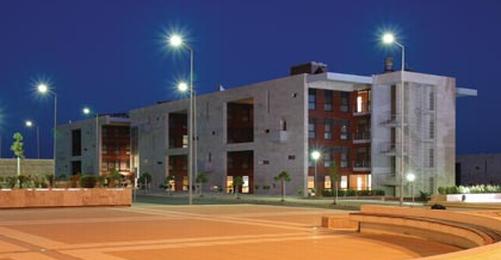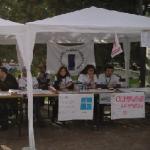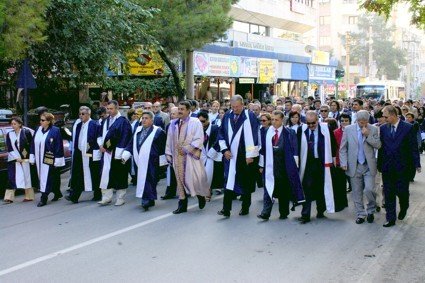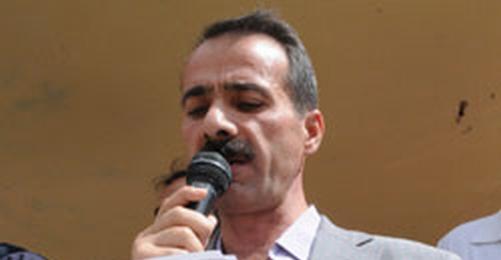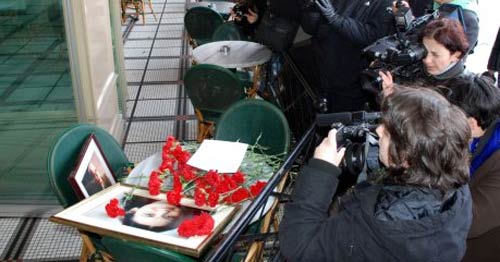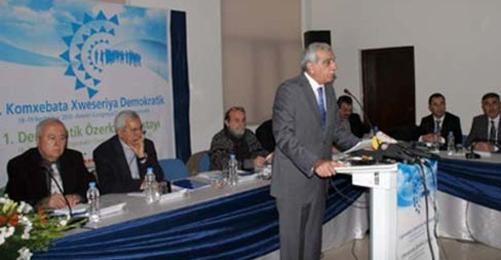The Office for Cultural Affairs of the Middle East Technical University (ODTÜ) in Ankara denied permission for the "Living Library", a project aimed at reducing prejudice against individuals who are excluded from society because of their ethnic origin, religion, occupation, sexual identity or disease.
The Living Library project was going to be organized by the Human Rights Project Group of the AEGEE-Ankara (European Students' Forum). In a statement by the organizers, it was said that the group had fulfilled all necessary procedures to participate in this year's spring festival of ODTÜ. It was also mentioned that the ODTÜ Office for Cultural Affairs blocked many different cultural and arts-related activities which the student community was planning to organize throughout the academic year.
"People might complain"
The statement continues that the Office for Cultural Affairs "does not support projects other than music, dance and recreation, because 'they address a lesser number of people'". According to the statement, the Office for Cultural Affairs denied the group's participation in the spring festival for the following reason:
"The Living Library Project does not appeal to many people at the ODTÜ Spring Festival. The requested 30- square-metre stand for the festival is considerably oversized. Other groups of the 81 student communities connected to the ODTÜ Cultural Affairs have complained because of the size and there might be more complaints coming".
Upon the university's reasons for the refusal, the organizers of the Living Library managed to get in touch with 65 out of 81 communities and collected written statements from each one saying that they had no objections to the stand. However, the ODTÜ Office for Cultural Affairs did still not issue permission for the Living Library Project.
The organizations of the project furthermore criticized:
"The ODTÜ bureaucratic structure does not give its students the opportunity to explain the struggles and worries of oppressed individuals. They ignore the voices of students and their organizations and shield themselves behind a huge bureaucratic structure. This was not the first incident of its kind and problems will continue if the ODTÜ Office for Cultural Affairs does not change. This does not comply with ODTÜ's principles aimed at 'academic freedom', 'lifelong education', 'support of students' or 'communication with society'. [...] Eventually, ODTÜ, supposed to be one of Turkey's most intellectual universities, did not allocate a 30-square-metre stand within an area of 4,500 hectares to a human rights project!" (BT/VK)





